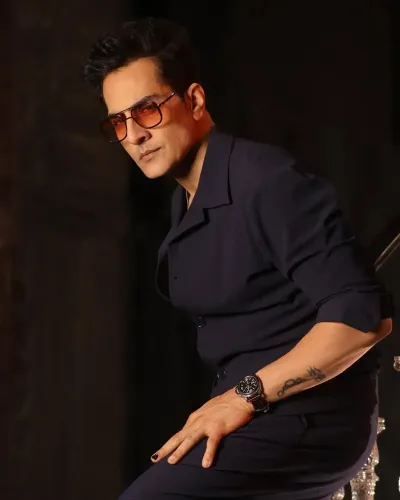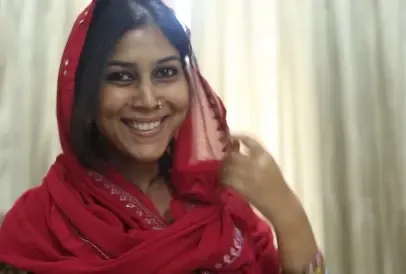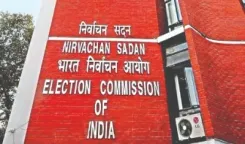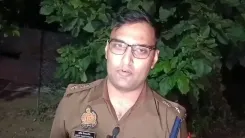Is There Enough Space for Independent Voices in Cinema?

Synopsis
Key Takeaways
- Sameer Bharat Ram emphasizes the importance of independent voices in cinema.
- The struggle to market independent films is a significant challenge for producers.
- Validation often arrives after critics initially dismiss independent films.
- Independent films can offer quality storytelling and a strong emotional connection.
- There is a need for more space and faith in the independent film industry.
Chennai, June 9 (NationPress) Sameer Bharat Ram, an independent producer known for his critically acclaimed Tamil films like 'Kadaisi Vivasayi and 'Uriyadi, has shared an emotional message addressing the challenges independent producers face in the film industry. He emphasized the need for a space in this industry "for voices that don't come with big stars, but with big hearts."
The typically reserved producer took to his X timeline to share a two-page statement outlining the hurdles he has encountered in selling his films, even though they have received outstanding reviews from critics.
In his heartfelt note, titled 'Hope. A note from an independent producer', Sameer Bharat Ram stated, "Many people ask me how I manage to market or sell my films as an independent producer. I just smile, because the reality is... it's far from easy."
He continued, "To be honest, selling the films we create has been one of the most difficult and painful parts of this journey. Often, it has proven harder than the filmmaking process itself. At times, it has even felt humiliating. From my very first film, which was raw, honest, and passionate—critics adored it, and audiences embraced it. Yet, no one wanted to buy it, despite the rave reviews. I began to doubt myself and questioned my sanity."
Highlighting the irony, he pointed out that the film became one of the most pirated works, saying, "That’s how much people wanted to see it. Yet, it broke my heart that so few industry insiders had faith in it enough to present it to them properly."
Discussing another poignant film, which was labeled as "too documentary-like" and "not commercial," Sameer Bharat Ram remarked, "Still, we had to struggle to gain recognition."
The producer expressed his hope for change with future releases. "I thought maybe this time things would be different. But the rejection was even harsher. I was told it resembled a short film made by school kids. A reputable production house even suggested I cut it into a TV series. That stung deeply," he shared.
He pointed out that once the films were released and received appreciation from audiences, the same critics who initially criticized them returned with praise. "That's always the irony. Validation comes last, after all the struggles and sleepless nights filled with doubt. I will forever be grateful to the few platforms and individuals who believed in our cinema."
While acknowledging the pressure faced by platforms to choose big-budget films from established studios, he asserted, "I firmly believe there must be room in this industry for independent producers, for voices that don’t arrive with big stars, but with big hearts. We create quality films. I say this with conviction, not arrogance. Films that endure and have lasting appeal. They are cost-effective to acquire and yield a return on investment. The numbers validate it. The love proves it. All we ask for is a little more space, a bit more trust, and a dose of hope."
He concluded his statement on a hopeful note, saying, "It’s not easy. It never has been, and I know it won’t be for our upcoming films, whether it’s Pulavar or Nallathor Veenai Seithe or KKKK. But I’m still here, still making films, still believing, still hoping. For all of us pursuing this the hard way—may things change for the better someday. Until then, we hold onto hope."









